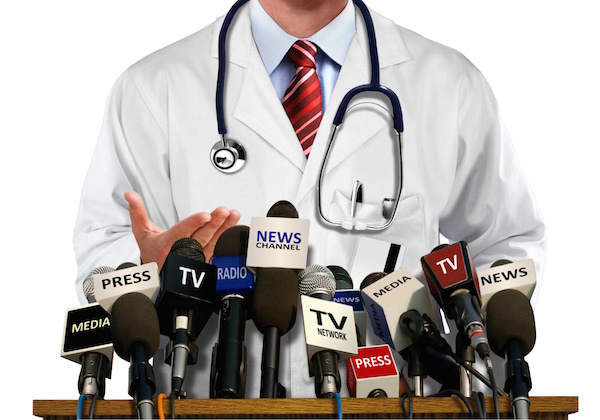
Here are some of the latest health and medical news developments, compiled by the editors of HealthDay:
Many Cereals Very High in Sugar: Study
One-cup servings of 44 types of cereals contain more sugar than three Chips Ahoy cookies (11 grams of sugar) and one-cup servings of another three cereals have more sugar than a Hostess Twinkie (17.5 grams of sugar), according to an Environmental Working Group study released Tuesday.
The analysis of 84 cereals found that Honey Smacks, Golden Crisp and Wheaties Fuel had more sugar in a one-cup serving than a Twinkie, the Washington Post reported.
Apple Jacks, Cap’n Crunch and Honey Nut Cheerios were among the 44 cereals with more sugar in a one-cup serving than three Chips Ahoy cookies.
The study also found that sugar makes up more than a third of the cereal by weight in nearly three dozen brands, including the original and “all berries” versions of Cap’n Crunch and the original and “marshmallow” versions of Froot Loops.
“Most parents would never serve dessert for breakfast, but many children’s cereals have just as much sugar or more,” Jane Houlihan, senior vice president of research for the nonprofit Environmental Working Group, told the Post. “I wasn’t surprised that so many of these cereals contained sugar. I was surprised at the very high amounts.”
The U.S. government is currently considering voluntary guidelines to limit the amount of sodium, fat and added sugars in foods and drinks marketed to children ages 2 to 17. The food industry opposes the proposal, which would take effect in 2016.
The guidelines would permit up to 13 grams of added sugar per 50 grams of cereal, which means a cereal could be about one-quarter sugar by weight. That limit is exceeded by two-thirds of the cereals included in the study.
The food industry wants the limit to be no more than 10 grams of sugar per listed serving size. Most of the cereals included in the study are below that threshold, but a quarter are above it, the Post reported.
Many cereal makers claimed that the Environmental Working Group study is misleading in a number of ways. For example, only two of the cereals — Apple Jacks and Froot Loops Original — on the “10 worst” list are marketed to children, according to industry advocates.
—–
Boost Medicare Premiums for Rich: Proposal
A gradual increase in Medicare premiums for wealthy American seniors is expected to be proposed by House Republicans.
Party officials say the higher fees would help cover the cost of renewing Social Security payroll tax cuts and benefits for the long-term unemployed, the Associated Press reported.
Along with the extension of payroll tax cuts and jobless benefits that are key parts of President Barack Obama’s jobs program, House Republicans will include a provision to scrap a 27 percent reduction in payments to doctors who treat Medicare patients.
All three measures have a Dec. 31 deadline for action, the AP reported.
——
Former NFL Players Sue League Over Use of Pain Drug
A dozen former professional football players have launched a lawsuit accusing the NFL and its teams of repeatedly giving them the painkiller Toradol before and during games, making it more difficult for the players to recognize when they’d suffered a concussion.
The 12 retired players played in the late 1990s and early 2000s and say they now experience short-term memory loss, anxiety, depression, sleeping problems, severe headaches, and dizziness, The New York Times reported.
“The plaintiffs have described the situation as one of being in a pregame locker room with players lining up to receive injections of Toradol in a ‘cattle call’ with no warnings of any sort being given, no distinguishing between different medical conditions of the players, and regardless of whether the player had an injury of any kind,” according to the lawsuit filed in United States District Court in New Jersey.
The NFL challenged the suits’ claims.
“The NFL has long made player safety a priority and continues to do so,” league spokesman Greg Aiello said in a statement, the Times reported. “Any allegation that the NFL intentionally sought to mislead players has no merit. It stands in contrast to the league’s actions to better protect players and advance the science and medical understanding of the management and treatment of concussions.”
—–

